1. Blueberries
Rich in antioxidants, vitamins C and K, and fiber, blueberries are great for heart health and reducing inflammation.

Incorporating Blueberries into your Diet
These antioxidant-rich berries are incredibly versatile. Add them to your morning oatmeal, yogurt, or cereal to start your day with a burst of flavor and nutrients. Blueberries also make a great snack on their own or blended into smoothies.
2. Salmon
A prime source of omega-3 fatty acids, salmon is beneficial for brain health and reducing the risk of heart disease.
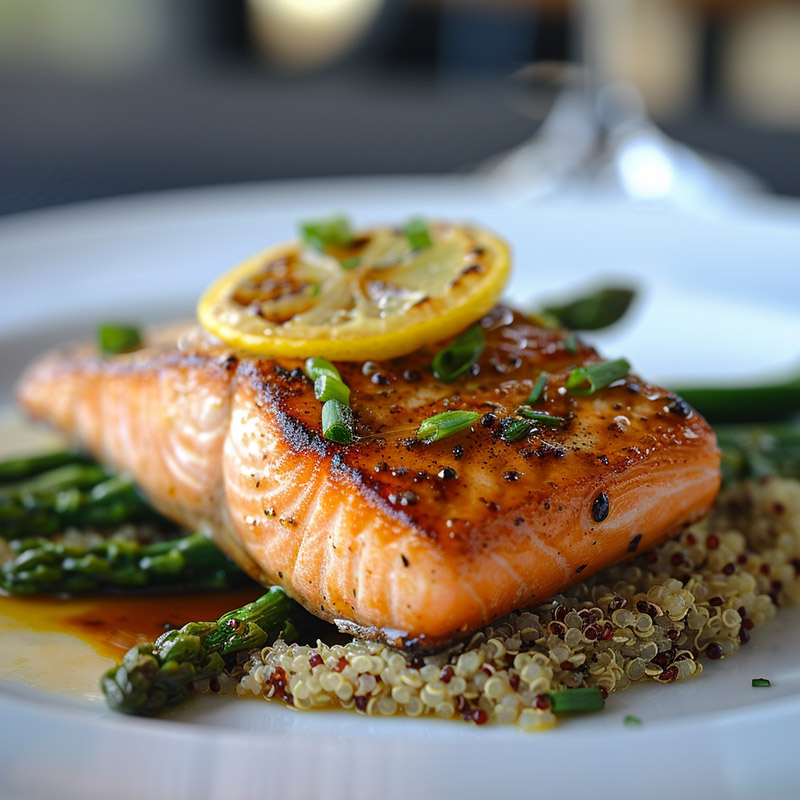
Incorporating Salmon into your Diet
Rich in omega-3 fatty acids, salmon is perfect for heart-healthy meals. Grill or bake salmon fillets with a squeeze of lemon for a simple, delicious dinner. You can also add flaked cooked salmon to salads or pasta for an extra protein boost.
3. Kale
Loaded with vitamins A, K, and C, along with minerals like manganese, kale is excellent for bone health and preventing chronic diseases.
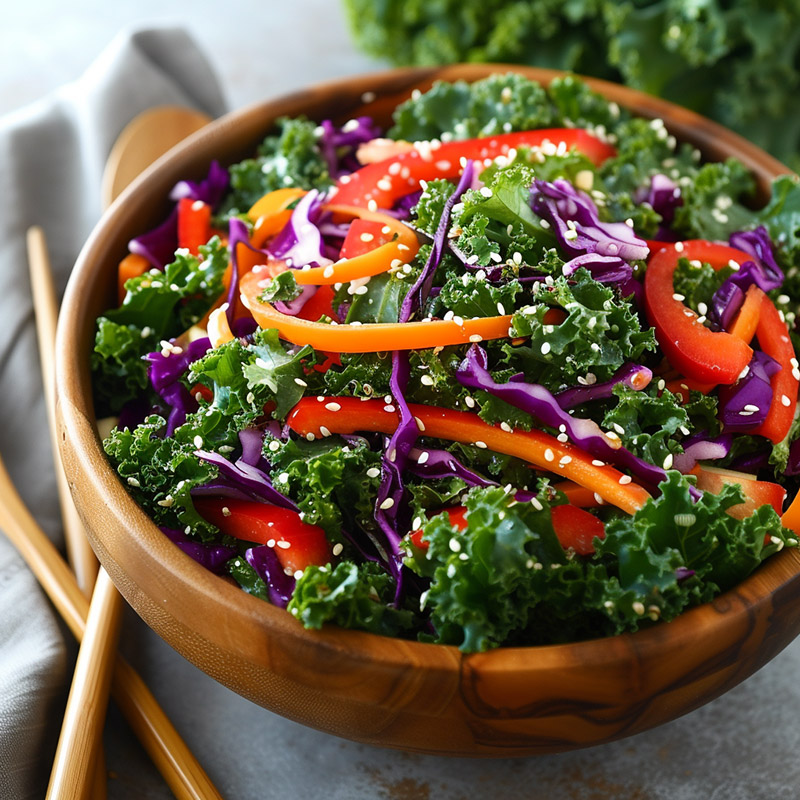
Incorporating Kale into your Diet
This nutrient-dense leafy green can be massaged with a bit of olive oil and lemon juice for a simple salad, sautéed with garlic as a side dish, or added to soups and stews. Kale chips, baked with a sprinkle of sea salt, also make a crunchy, healthy snack.
4. Avocados
High in healthy fats, fiber, and potassium, avocados support heart health and can help maintain a healthy weight.
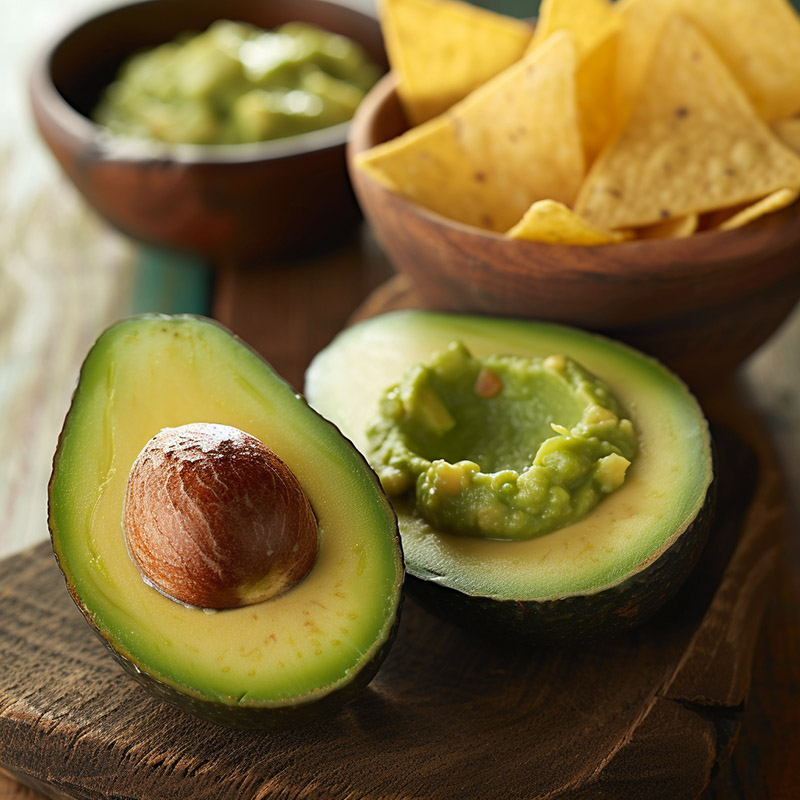
Incorporating Avocados into your Diet
Avocados are full of healthy fats and fiber. Mash them onto toast for a quick breakfast or snack, dice them into salads, or blend them into smoothies for a creamy texture. Guacamole is another delicious way to enjoy avocados.
5. Quinoa
A complete protein with all nine essential amino acids, quinoa is also high in fiber and iron.
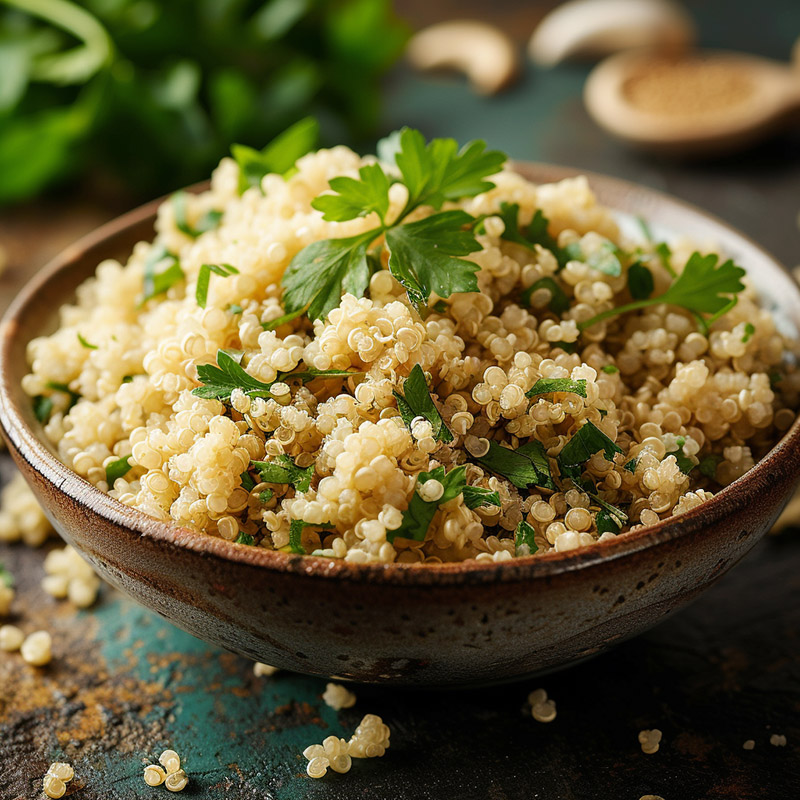
Incorporating Quinoa into your Diet
Quinoa is a complete protein and can serve as a base for a variety of dishes. Use it in place of rice in bowls or stir-fries, mix it into salads, or have it as a side dish. Quinoa can also be used to make breakfast porridge or baked goods.
6. Almonds
Packed with vitamin E, magnesium, and protein, almonds can help with blood sugar control and promote heart health.
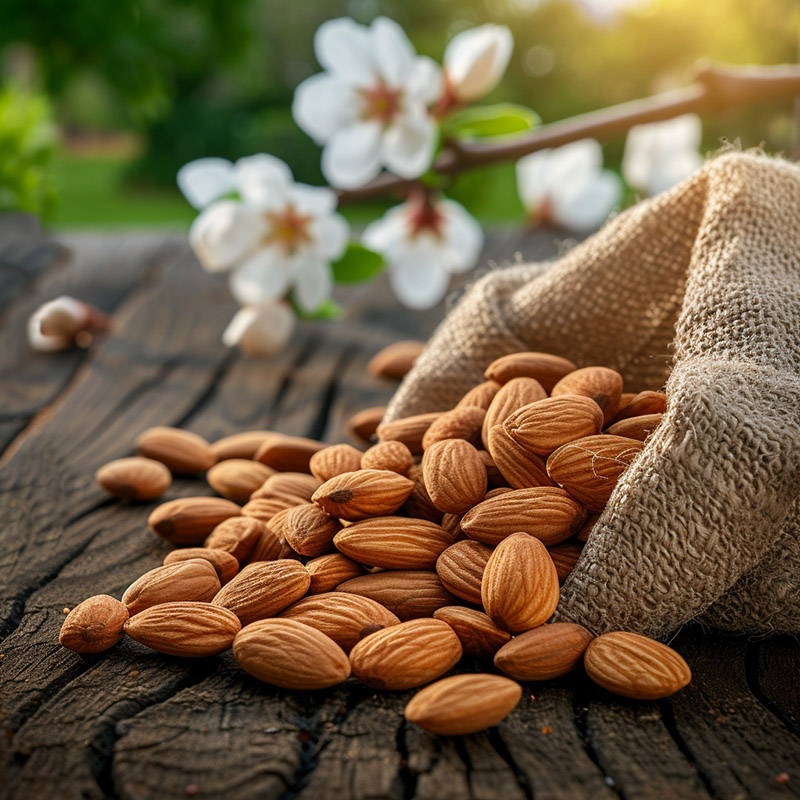
Incorporating Almonds into your Diet
These nuts are a great source of vitamin E and magnesium. Snack on a handful of almonds, add sliced almonds to salads or yogurt, or use almond flour in your baking for a nutritious alternative to regular flour.
7. Sweet Potatoes
High in beta-carotene, vitamins A and C, and fiber, sweet potatoes are beneficial for eye health and immunity.
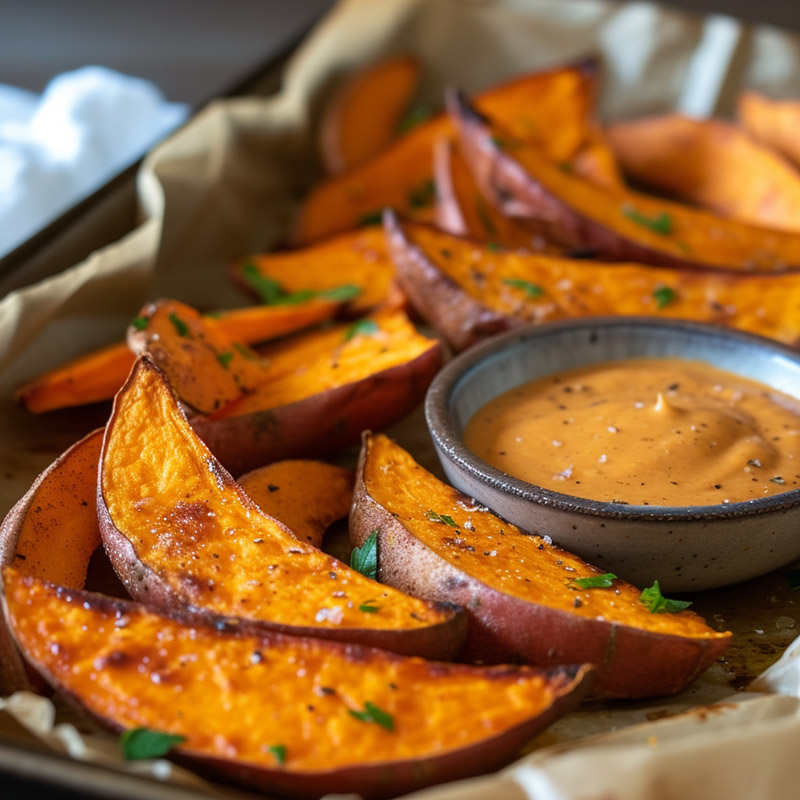
Incorporating Sweet Potatoes into your Diet
Sweet potatoes are rich in beta-carotene and vitamins. Bake, roast, or mash them as a side dish. Sweet potato fries are a tasty alternative to regular fries, and you can also add cooked sweet potatoes to soups and stews.
8. Garlic
Known for its immune-boosting properties, garlic is also beneficial in reducing blood pressure and cholesterol levels.
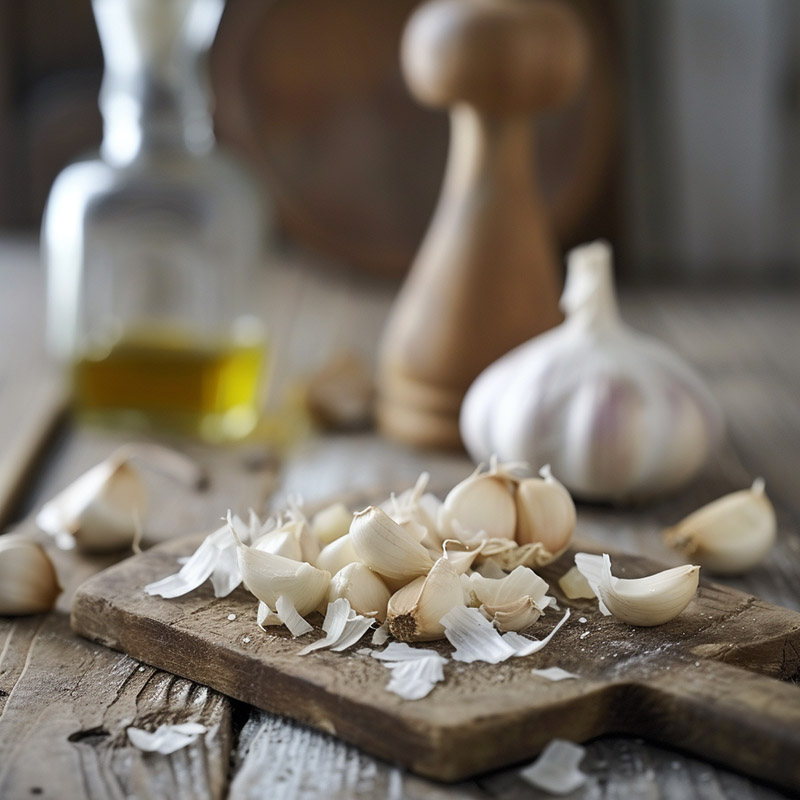
Incorporating Garlic into your Diet
Known for its immune-boosting properties, garlic adds flavor and health benefits to any dish. Use it in sauces, dressings, marinades, or as a base for soups and stews. Roasted garlic can also be spread on bread or mixed into mashed potatoes.
9. Ginger
Ginger can help with digestion, reduce nausea, and fight the flu and common cold.
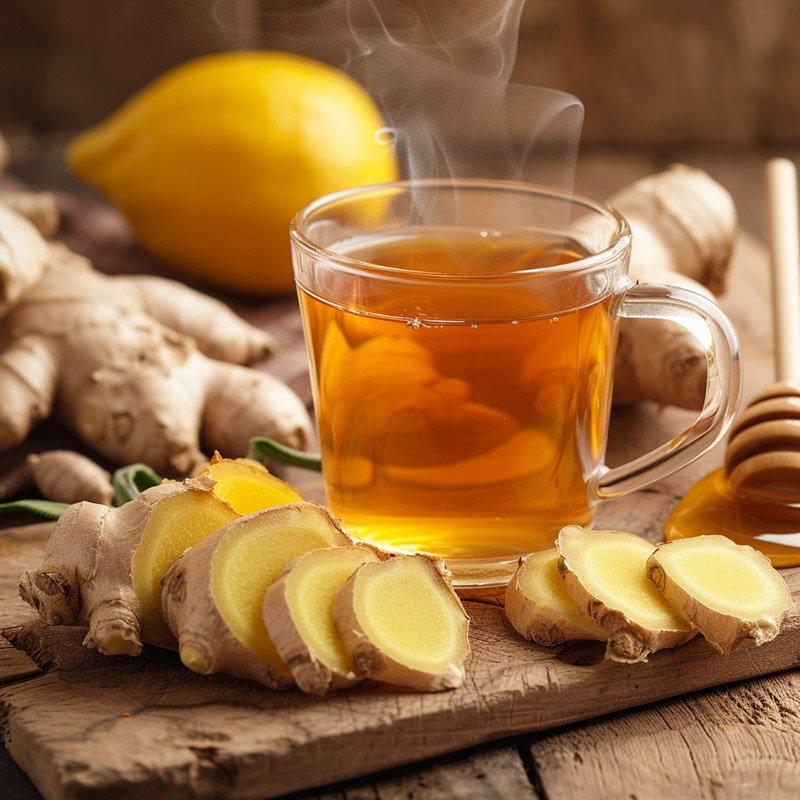
Incorporating Ginger into your Diet
Ginger can help with digestion and inflammation. Grate fresh ginger into stir-fries, soups, or tea. Pickled ginger is a great accompaniment to sushi, and ginger can also be used in baking for a spicy kick.
10. Chia Seeds
Rich in omega-3 fatty acids, fiber, and calcium, chia seeds are great for heart health and maintaining energy levels.
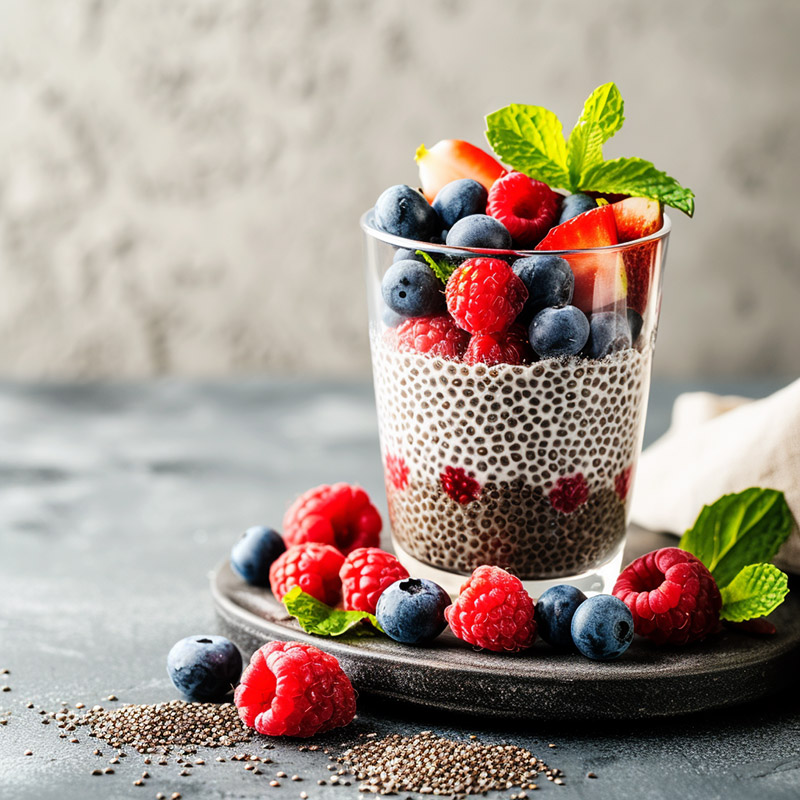
Incorporating Chia Seeds into your Diet
These tiny seeds are packed with omega-3 fatty acids, fiber, and calcium. Mix them into yogurt, oatmeal, or smoothies, or use them to make chia pudding. Chia seeds can also be added to baked goods for a nutritional boost.